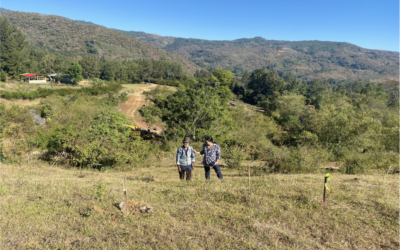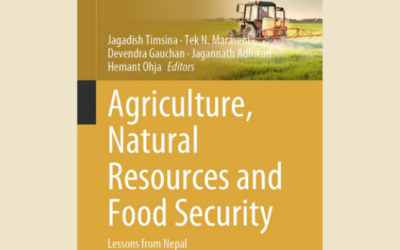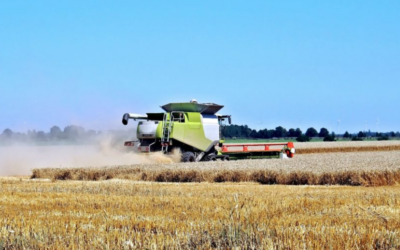By Basundhara Bhattarai | 18 September 2023 It was a fine day in July 2023 when I (along with my team members) was in a village in Timor Leste,...
Agrifood Systems
Food shortage is projected to rise as the world’s population grows fast and the harsh consequences of climate change become more obvious. To meet this challenge, sustainable food systems that can withstand climate change’s effects while minimizing environmental damage are required. A multifaceted strategy focused on sustainable farming, resource management, and technology access can assist to raise yields and improve food security. This is especially necessary for vulnerable populations in poverty and climate-affected areas.
IFSD is committed to developing sustainable food and agriculture systems at IFSD. We have contributed to the identification and analysis of a variety of solutions to improve sustainable agriculture practices. Our approach to food and agriculture is comprehensive, involving collaboration with a wide range of stakeholders and study on new trends and challenges. We design resilient methods that can resist the shifting landscape of food and agriculture by incorporating fresh views and dimensions into our evidence-based solutions.
Latest
Towards a food secure country: Appreciating the contributions of a new book
Growing up, I remember my social studies teacher mentioning that Nepal is an agricultural country and about 60% of our population is dependent on...
Agricultural Trade Potential between Australia and India in the Post-Pandemic Era
We are at the end of a global crisis. The outbreak of COVID-19 has caused detrimental and long-lasting socio-economic tremors to the world, with...




